Looking after children and young people’s mental health
It can be tough growing up. Lots of children and young people can find themselves going through times where they experience mental health problems; perhaps feeling unhappy, anxious, stressed, or angry for prolonged periods.
It can be difficult to know how to cope and seek support – both for the children and young people themselves and for parents and carers looking after them.
In this section of our website, we guide you through the sort of information, help and support that is available to parents, to children and young people and those with additional needs, to help improve mental wellbeing.
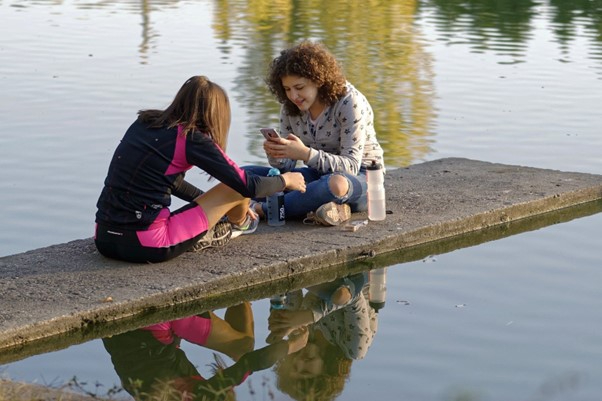 For many children and young people, while it is perfectly normal to experience mental health problems, at first it can be sometimes difficult to talk to someone about how you are feeling.
For many children and young people, while it is perfectly normal to experience mental health problems, at first it can be sometimes difficult to talk to someone about how you are feeling.
While we would always encourage you to try and tell someone as soon as you can – a family member, teacher, or friend - and to not be afraid to do so, there is information and advice available online which can use to help you start to try and cope with how you are feeling. It may also help you identify what’s making you feel this way and can help you to build up the confidence to ask for more help.
The website Young Minds has lots of helpful advice about looking after yourself, recognising feelings and symptoms, asking for help and information about support available to guide you through this period.
The Wessex Healthier Together website What0-18.nhs.uk also has useful sections for both children and young people about a range of different mental health issues; worry, low moods, eating difficulties, learning difficulties.
The Mix is another useful website with everything you need to know about mental health, from anxiety and depression to self-care and counselling.
Childline also has a wide range of online help and information from tips to boost your mood, advice on building your happy place, to managing anxiety, helping a friend and a range of other helpful information.
The charity Mind also has a section on its website especially for children and young people with information that you might find helpful and the Youth Trust IW has a website and Facebook page which is kept up to date with useful information.
If you are a young carer looking after someone else, it’s important that you also look after your own mental health. You may find this information on the Young Minds website helpful to you. Young Carers IW also has a website that you might find useful.
You may also find these self-help tools (videos, phone apps etc) useful click here for more information.
If you feel you need more help and want to talk to someone click here. Or if you feel you need urgent help, contact the Hampshire & Isle of Wight Crisis Line for Young People free on Tel: 0300 303 1590 (Monday-Thursday 3pm-8.30pm).
Where to find advice and information on your child’s mental health
Growing up should be one of the best times in anyone’s life but with it can also be tough and come with many challenges, whether that’s difficulties with friendship groups, coping with schoolwork, managing social media or changes in their home life. Mental health problems are common in young people, with around 1 in 10 children needing some additional support.
Being a parent of a child or young person who seems to be struggling with their mental health can be very worrying and especially if they find it hard to talk about their feelings.
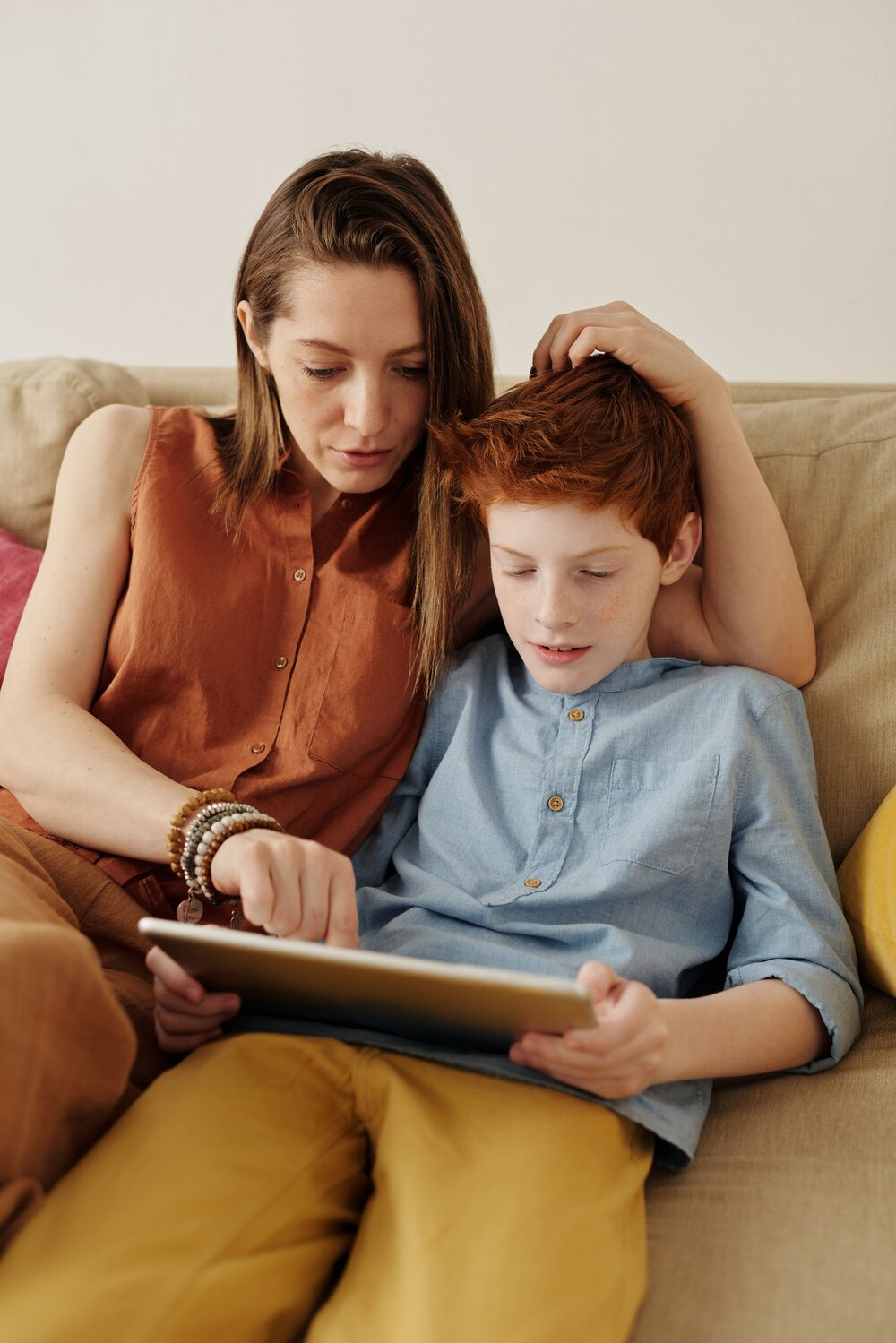 But you are not alone. There is plenty of information and advice available to help support both you and your child.
But you are not alone. There is plenty of information and advice available to help support both you and your child.
A good place to start is the national NHS website which has a section dedicated to supporting children and young people, with helpful guidance for parents.
The Wessex Healthier Together website What0-18.nhs.uk also has useful sections for parents, children and young people about a range of different mental health issues; worry, low moods, eating difficulties, learning difficulties.
Young Minds offers information and advice to anyone worried about a child or young person under the age of 25. This includes a parents’ helpline 0808 802 5544, survival guide, a parents’ ‘lounge’ as well as an A-Z of support available.
Anxiety UK also has a useful guide for parents of children and young people with anxiety and the charity Action for Children also has helpful information for parents about looking out for signs and symptoms.
Leading mental health charity the Mental Health Foundation also has information and advice for parents which you may find useful.
The Royal College of Psychiatrists have produced a range of leaflets around Mental Health and Growing Up, this includes information for parents on depression, coping with stress and eating disorders.
Minded for Families also has created some good practical, quality information written by a team of specialists together with parents to help provide some helpful advice and Family Lives also have a range of advice and information.
If you are expecting a baby or are a new parent, and in need of emotional support yourself, you may also find the NCTs website and Parents in Mind service helpful.
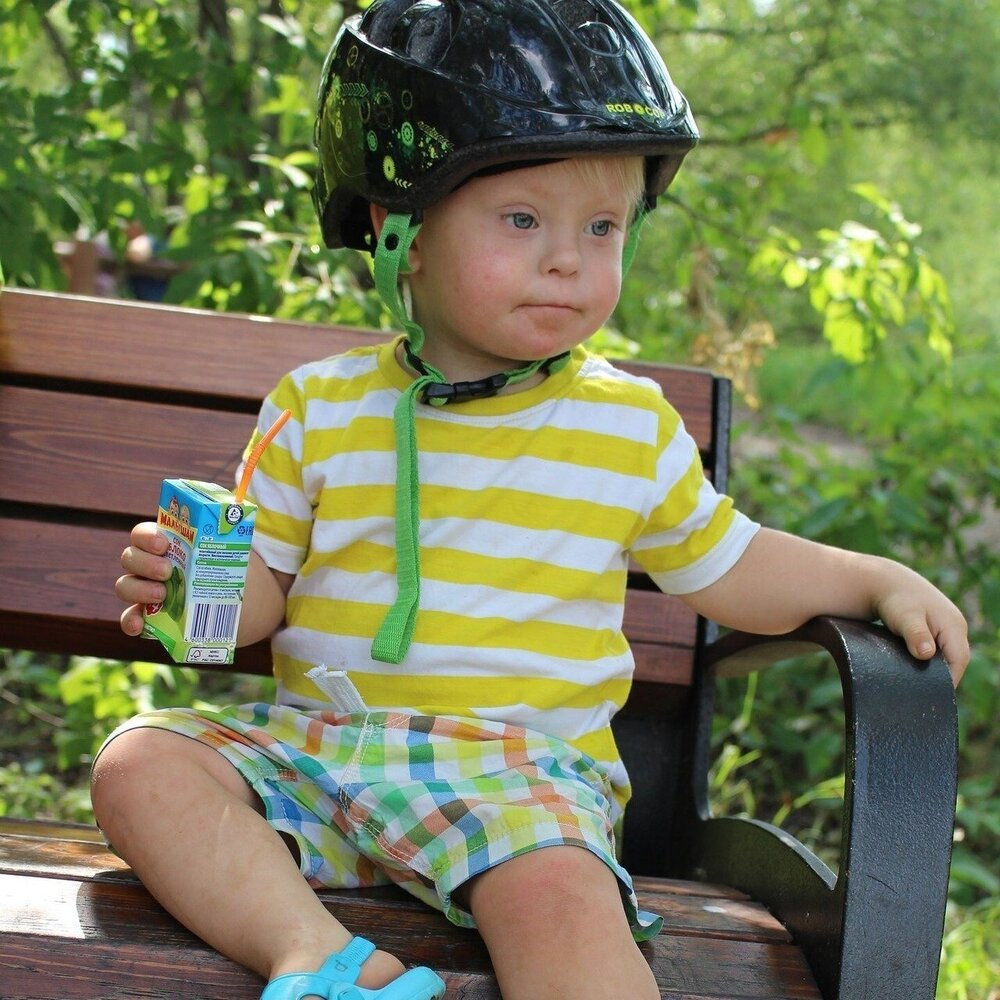 If your child has Special Educational Needs or Disabilities, they are likely to experience a range of social and emotional difficulties, but it can be particularly hard to identify these as mental health struggles when many of the symptoms overlap with other issues.
If your child has Special Educational Needs or Disabilities, they are likely to experience a range of social and emotional difficulties, but it can be particularly hard to identify these as mental health struggles when many of the symptoms overlap with other issues.
Looking out for changes in your child’s behaviour can help identify issues, for example if they are unusually anxious or withdrawn, if their sleeping or eating patterns are different than usual. Or if they are experiencing more tummy aches or headaches than usual or expressing anger, fear, or frustration more than they might normally do, then it may be an indication of underlying mental health difficulties.
There are a number of different ways in which you can seek help and support.
Talk to someone
You can talk to SENDIASS (Special Educational Needs Disability Information Advice and Support Service) in confidence on 01983 825548 (Monday-Friday including school holidays) or email them at sendiass@iow.gov.uk for help and support.
If you are a family member of someone on the autism spectrum, you can also get information and advice from the Autism Helpline on 0808 800 4104.
Online support
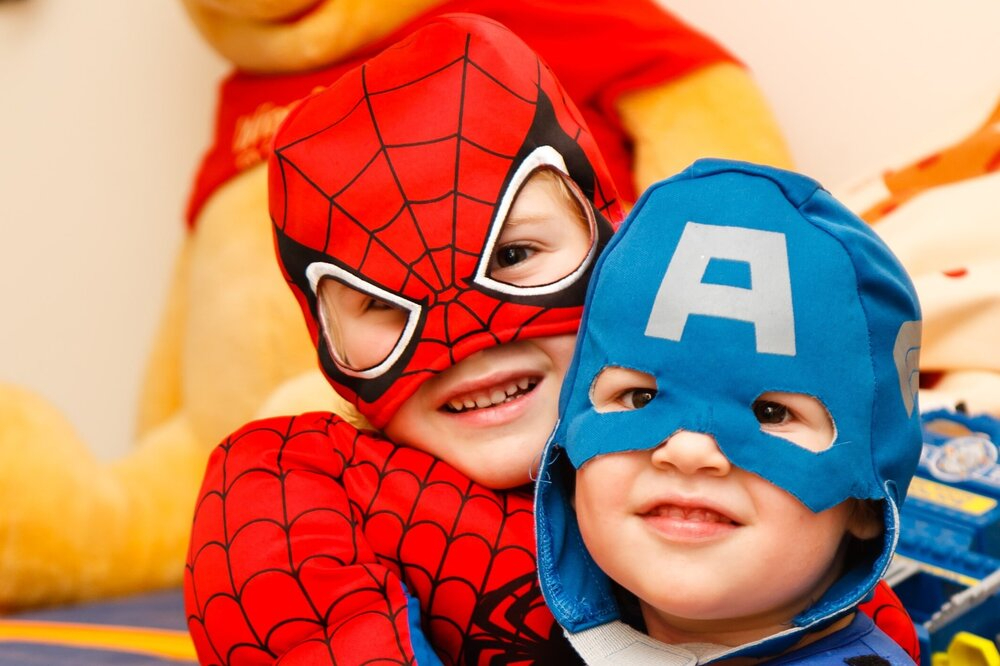 The SENDIASS website offers advice and guidance for parents of children with special educational needs and learning disabilities on the Isle of Wight. They also have a special website for children and young people with helpful videos which you can access here.
The SENDIASS website offers advice and guidance for parents of children with special educational needs and learning disabilities on the Isle of Wight. They also have a special website for children and young people with helpful videos which you can access here.
There are also peer support groups operating on the Isle of Wight that can provide additional support. Groups like Autism Inclusion Matters (AIM) for autistic people over the age of 4, run various activities and support. They also run a sensory library and are loaning resources. To find out more you can text or WhatsApp 074498500607 or email admin@aimisleofwight.co.uk. Their website is AIM - Autism Inclusion Matters (aimisleofwight.co.uk).
Mencap has a useful section on its website providing general support for parents and carers.
The Isle of Wight Council has a website called The Local Offer to help make it easier to find information about what is available locally to help support children and young people (aged 0 to 25 years) with special educational needs/disabilities (SEND) and their families. They also host a website section called ‘Short Breaks’ providing information about leisure and recreational activities for children with SEND and their families.
The National Autistic Society has a range of information on its website covering different behavioural issues and help and advice on how best to support your child.
If your child is showing signs of violent and challenging behaviour then these resources may also be useful, there are also videos then you might find helpful.
Contact a Family has also written a helpful guide about caring for a disabled child, which you can download here.
Local support
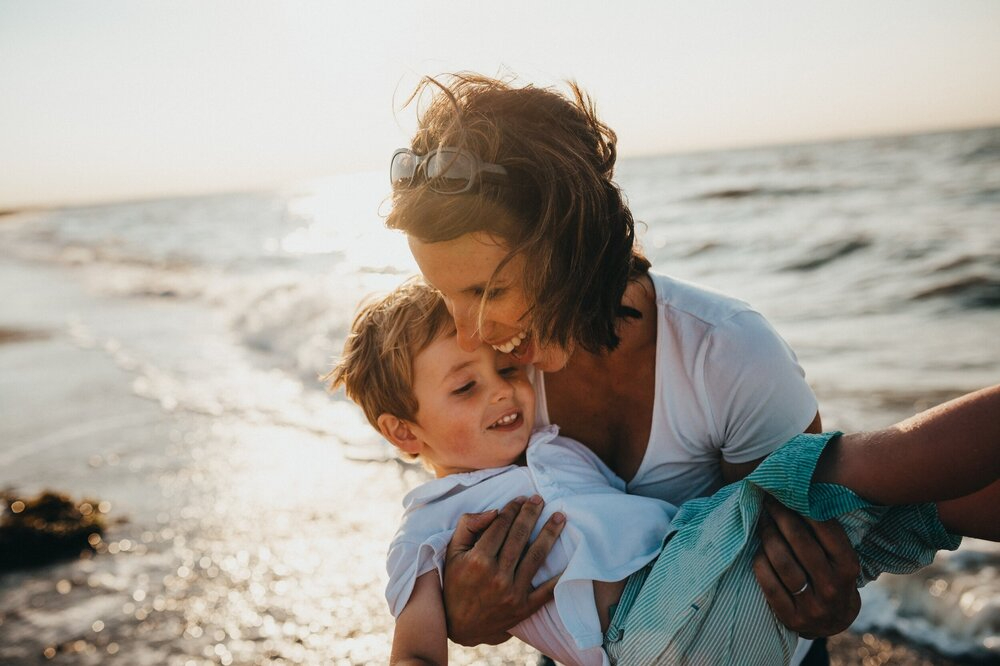 Parents can get in touch with the IW Children’s (Paediatric) Occupational Therapy Service - a community based service for children between 0 - 18 years, or up to 19 years if still in full-time education. The service is provided to all infants, children and young people who have functional difficulties that cannot be met through the universal Occupational Therapy provision. It works with infants and children and their caregivers to maximise their potential for performance in developmental and functional activities of daily living at home and school. Areas would include play, eating, dressing and personal care, fine motor skills, self-regulation, accessing the school and community environment, advice to school around equipment, hobbies, sports and after school clubs. The Speech and Language Therapy Service are available for support to help improve the speech, language and communication skills of children and young people aged 0-19 years on the Isle of Wight, which can affect their wellbeing. You can find out more here.
Parents can get in touch with the IW Children’s (Paediatric) Occupational Therapy Service - a community based service for children between 0 - 18 years, or up to 19 years if still in full-time education. The service is provided to all infants, children and young people who have functional difficulties that cannot be met through the universal Occupational Therapy provision. It works with infants and children and their caregivers to maximise their potential for performance in developmental and functional activities of daily living at home and school. Areas would include play, eating, dressing and personal care, fine motor skills, self-regulation, accessing the school and community environment, advice to school around equipment, hobbies, sports and after school clubs. The Speech and Language Therapy Service are available for support to help improve the speech, language and communication skills of children and young people aged 0-19 years on the Isle of Wight, which can affect their wellbeing. You can find out more here.
The IOW (Isle of Wight) Autism Support Group has around 900 active members and offers lots of support. You can contact them via their Facebook page.
For parents of children with ADHD there is a community Facebook page where you can chat informally with other parents of children with ADHD for advice and shared experiences.
Isle of Wight SEN Support also has around 500 members and a wide range of information on their Facebook page.
The Isle of Wight Deaf Children’s Association is a local group run by parents and carers of deaf children, working together with local health and education professionals. You can contact them via email isleofwight@ndcsgroup.org.uk There is also a Saturday Club which provides activities geared towards deaf children and their families.
Parents Voice is the parents and carers forum for parents of children with SEND on the Isle of Wight. They can be contacted via email to parentsvoice@peoplematteriw.org
You can also talk to your GP about access to specialist help and support including Child & Adolescent Mental Health Services (CAMHS).
Useful mental health tools for children and young people
 As well as a wide range of information and advice, there are also other tools and resources that you might find useful to help with your anxiety or other mental health issues.
As well as a wide range of information and advice, there are also other tools and resources that you might find useful to help with your anxiety or other mental health issues.
The NHS has a library of resources that they recommend, most of which are free to use. These include breathing techniques to help you relax more, worry less and feel better, help to manage negative thoughts and look at problems differently and safe and secure access to forums or support.
Think Ninja is also a useful app for children and young people. Think Ninja is a free app available to all young people aged 10-18 who love on the Isle of Wight. Based on principles of cognitive behavioural therapy (CBT), the app helps young people to notice and change their thinking styles so they can maintain positive mental health and emotional wellbeing. Think Ninja can be downloaded for free from the App Store for all Android and Apple IOS smartphones and tablets.
The Mix, which offers essential support for young people under 25 also has a useful tools section on their website.
Other useful apps as well as those on the NHS library, include Headspace.
If you’re struggling with the effect social media is having on your life then Young Minds have some useful social media tips on their website.
There are also lots of different tools and links to interactive games on the Action for Children website.
Isle of Wight Child & Adolescent Mental Health Services (CAMHS) have recently set up a CAMHS Facebook page which has lots of helpful resources and ideas. The CAMHS national website also has a wide range of resources for young people and carers including downloadable materials, books, website links, videos, and apps. Click here for more details.
You might also find it helpful to read about other people’s stories or blogs about how they are coping with their mental health problems.
Or you might prefer to watch a video talking about how to cope with different mental health issues from social anxiety to depression, Childline have a toolbox section on their website with useful videos you can watch.
MindEd is a free educational resource on children and young people's mental health for all adults.